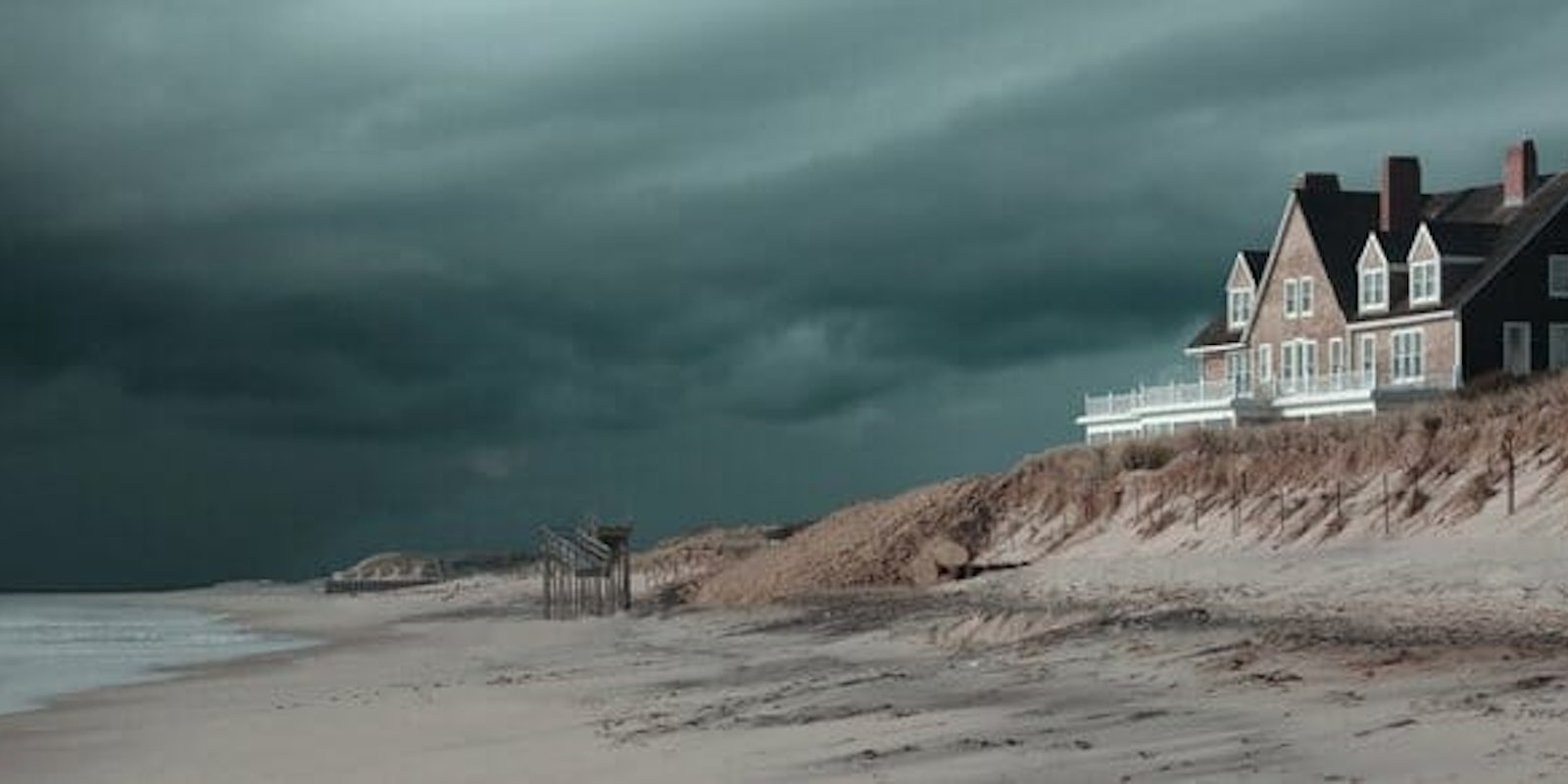Can a fictional podcast shed new light on the Me Too movement? That’s exactly what The Truth’s new four-part series, The Off Season sets out to do.
If you’re reeling from Kavanaugh’s confirmation—or depleted from hearing about Louis C.K.’s or Woody Allen’s latest comeback attempt—an audio drama about sexual harassment may sound like the last thing you’d want in your earbuds. I have to admit, my stomach lurched a bit before pressing play on the first episode: Did I really need to add a fictional offender to the ever-growing list of real “bad men in power”? What could I gain from listening to a fictive account of patterned abuse and harassment when the news cycle is already so saturated with nauseating stories?
But, as it turns out, The Off Season is a surprisingly satisfying listen. Not only is it excellent, well-paced storytelling, the four-part series dares to ask brave questions about how and why we prop up men in power for redemption, even when they’ve done so little to earn it.
The Off Season runs each Monday from Oct. 1st to Oct. 22 and follows the unmasking of television host Bruce Alvarez (Peter Grosz, HBO’s Veep) as a serial sexual harasser. When Alvarez is outed on the air for past transgressions, he retreats to his Montauk beach house, where he is startled to find an aspiring female journalist (Erica Hernandez, CBS’s The Late Show) who has been squatting there in the offseason.
Part of what makes the first episode of The Off Season shine is its carefully crafted dialogue. From the tension of anti-hero Bruce’s on-air humiliation, to a quietly creepy work dinner that turns into a series of unwelcome advances, to a former employee’s flustered attempts to assert herself as Bruce casually demands her emotional support, The Off Season captures many of the experiences that we know feel “off” in retrospect, but frequently struggle to identify as aggression in the moment.
Co-creators Niccolo Aeed and Marina Tempelsman were intentionally subtle when they developed the world and characters of in their podcast. “One thing that happens in TV and film is they show someone doing like the worst thing imaginable so the audience goes, ‘Oh, OK, he’s a bad guy.’ And we made a decision early on that we weren’t going to have [Bruce] do that,” Tempelsman told the Daily Dot.
The worst thing we witness Bruce doing is making advance after uncomfortable advance at a “work” dinner with a subordinate. As the tension builds, we can feel how trapped the young woman on the receiving end of Bruce’s advances feels, and we can also feel how comfortable Bruce feels in making those advances. In his eyes, he’s done little—if anything—wrong.
Bruce isn’t a villain with a capital V. Instead, he is all too real, all too familiar, and his casual insistence that he’s done nothing wrong and that those who are coming for him are selfish opportunists is deeply unsettling because it feels true.
“Rape culture really is a whole culture,” explained Aeed. “Often something fucked up or weird happens to you and then afterwards you’re like, ‘Wait, did that just happen?’ All these slights build up on each other and it becomes shocking, but in the moment you think, ‘Oh, I can let that one slide,’ and then we hear [defenses like] ‘Oh, they were young. Oh, boys will be boys. Oh, it was just a moment.’ There are so many ways that we can excuse it. I think we were interested in that level of [experiences of harassment and assault].”
As The Off Season painfully illustrates, however, the subtleties of rape culture can be challenging to address. In the second episode, we see a drastic shift in perspective as we meet the aspiring young journalist who’s been squatting in Bruce’s summer home. We see Bruce’s story from her eyes, as both an opportunity and an obstacle. “She’s a young journalist who wants to be a journalist,” said Tempelsman. “And she’s kind of reckoning with how can one start in a field that feels so gross.”
It’s been a year since the #MeToo hashtag went viral and launched a national conversation about the all too common experience of sexual harassment and sexual assault. From a scroll through social media, it appears most of us have drawn a line that sexual violence is never OK. But are we ready to discuss all the little things we’ve let slide? That’s the question that The Off Season dares to ask.
